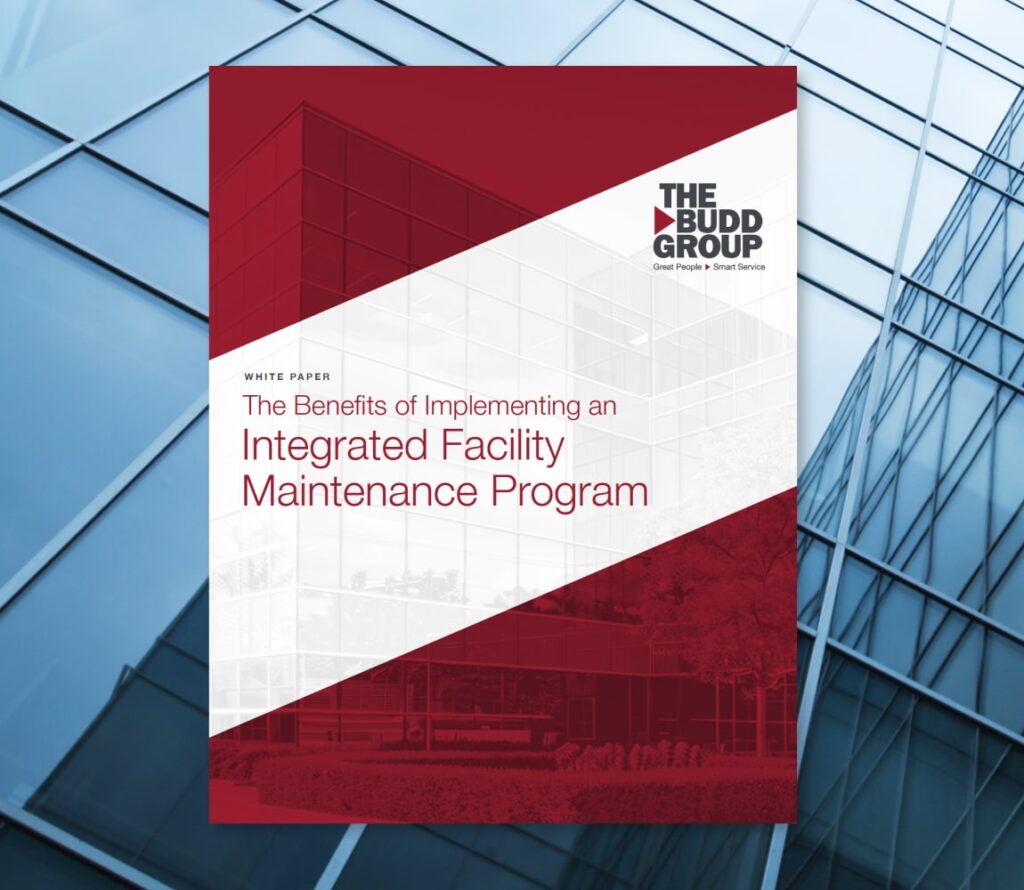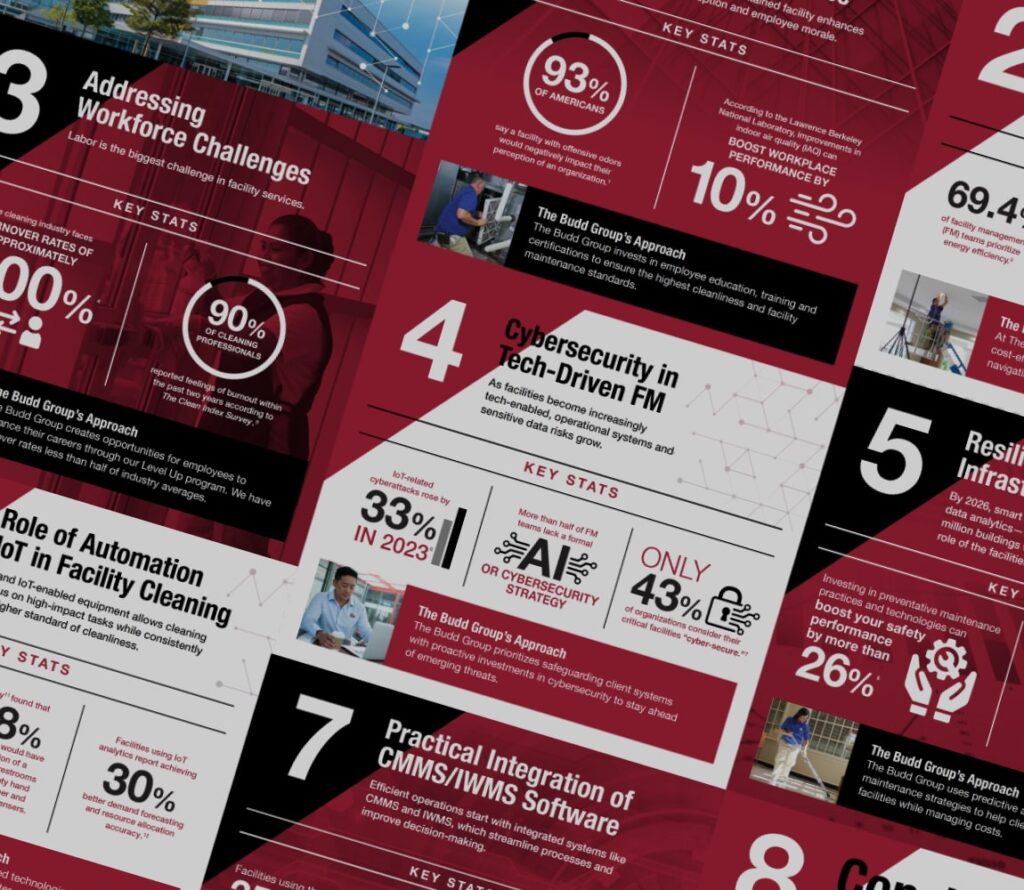It’s no secret that water is essential for a healthy and beautiful lawn. Knowing how much water to use depends on the type of lawn you’re maintaining. Being able to control and monitor the amount of moisture your lawn is receiving to achieve optimal levels is even more important. Before modern irrigation systems came around, this task was a major challenge. After all, no one can control how often it rains, and trying to balance the earth’s natural watering system with manual irrigation processes was fraught with guesswork and human error. Fortunately, modern irrigation services have an elegant and efficient solution for this damp dilemma: rain sensors.
What to Know About Rain Sensors
How Do Rain Sensors Work?
Rain sensors feature both physical and electrical components to gauge the amount of rainfall and adjust the irrigation system accordingly so as to avoid overwatering. Because these sensors are automated, human memory is a non-factor. Properly installed rain sensors are a crucial component of green landscaping as they greatly reduce the amount of wasted water and cut down energy costs. Indeed, in many regions in the U.S., rain sensors are required by law for facilities utilizing public water sources. If your rain sensor doesn’t function properly, you may face legal penalties. So, it’s important to inspect your rain sensors often.
Collection Cups/Disks/Conductors
In order to measure rainfall, rain sensors feature some physical receiving device such as a basin, pair of electrodes, or set of hygroscopic disks. Rainfall affects each of these components differently, but the goal is the same: to send an electrical signal to the irrigation system that turns it off when the skies open up. Water shifts the weight of the basin, expands the size of the cork disks, and completes the circuit of the electrodes. These changes cue the system to shut down until the rain has stopped for a certain period of time. Regardless of the type of rain sensor you have, you’ll want to regularly check these receiving components to ensure they’re structurally sound and fully functional. Over time, electrodes may rust and stop working, the hygroscopic disks may lose their elasticity, and basins may form leaks, etc., rendering the sensor non-functional. Fortunately, these components can be replaced or repaired fairly easily by technicians or professional lawn care services.
Wired/Wireless Connectivity
Rain sensors may be wired or wireless. Generally speaking, wireless sensors are easier to install and require virtually zero maintenance outside of replacing batteries every so often and rebooting the connection when necessary, but they are more expensive than wired systems. Wired sensors, while cheaper, can get damaged and may present a tripping hazard if not properly installed and secured. If your wireless rain sensor isn’t working, make sure to check its batteries and connection status. If your wired sensor is failing, make sure all wires are fully and properly connected and not bent, exposed, chewed up, or otherwise damaged.
Software
The final major component of high-tech rain sensors are their operating systems, which can collect and transmit key irrigation data, sync up with local forecast services, and more. Of course, not all rain sensors offer such intensive computing. Those that do, may require regular updates and scans to ensure proper functionality and data capture. After all, if the software is malfunctioning, it can negatively affect the operations of your irrigation system.
Is Your Rain Sensor Working Properly?
Proper irrigation is crucial for landscape and building maintenance. So, a broken, inefficient, and/or malfunctioning rain sensor is a liability for your lawn, your bottom line, and your business as a whole. If your sensor isn’t doing its job right, the irrigation experts at The Budd Group can help maintain, repair, and/or replace your system to ensure maximum efficiency and compliance. To learn more about our services and values, give us a call today at 800-221-8158!

